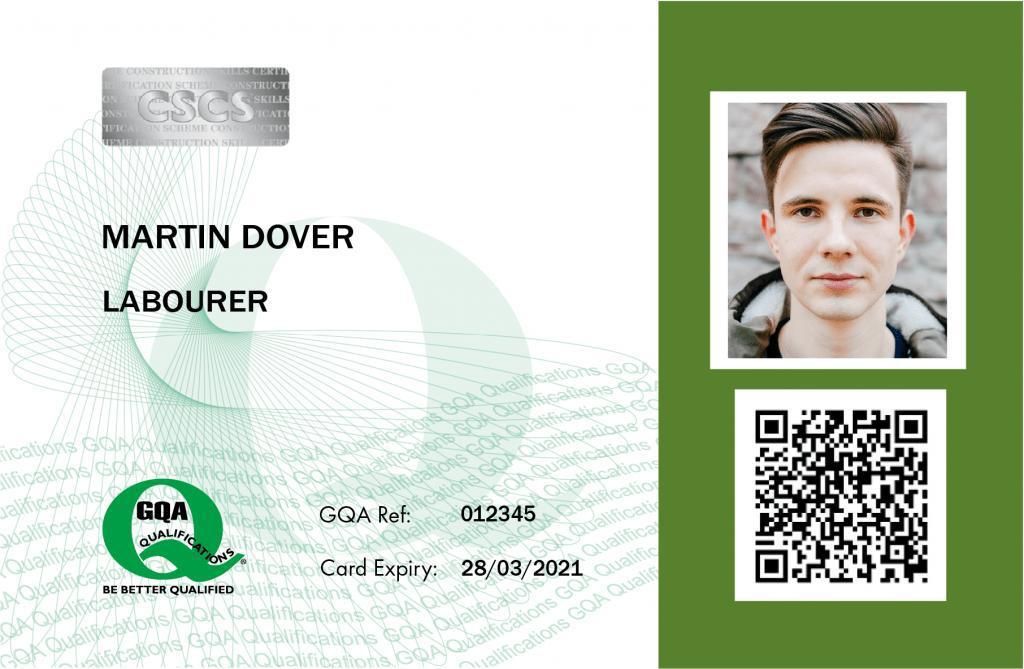
Management Excellence, Planning and Stress Control
Course ID: 2508114501190EGI
Course Dates : 11/08/25 Course Duration : 5 Studying Day/s Course Location: Istanbul, Turkey
Language: Bilingual
Course Category: Professional and CPD Training Programs
Course Subcategories: Leadership and Management Excellence
Course Certified By: * Projacs Academy
* Professional Training and CPD Programs
Certification Will Be Issued From :
KSA
Course Fees: £3,430.88
Vat Not Included in the price. VAT may vary depending on the country where the course or workshop is held.
Click to Pay
Date has passed please contact us Sales@e-s-hub.com
Course Information
Introduction
In an era where organizational success hinges on adaptability, leadership, and resilience, the ability to manage effectively while maintaining personal and team well-being has become a cornerstone of professional excellence. Managers are increasingly tasked with navigating complex challenges, from aligning strategic goals with operational realities to fostering environments that mitigate stress and enhance productivity. This course addresses these imperatives by equipping participants with the tools, frameworks, and strategies necessary to excel in planning, decision-making, and stress management.
The relevance of this subject matter is underscored by the growing recognition of mental health as a critical factor in workplace performance. According to the World Health Organization (WHO), stress-related illnesses cost global economies billions annually in lost productivity. Moreover, research by Gallup highlights that disengaged employees—often a result of poor management and unaddressed stress—are 18% less productive than their engaged counterparts. These statistics reveal a pressing need for leaders who can balance operational demands with human-centric approaches to management.
Despite the availability of resources on leadership and stress management, many professionals face gaps in translating theory into practice. For instance, while frameworks like Stephen Covey’s 7 Habits of Highly Effective People provide valuable insights, they often lack actionable steps tailored to specific organizational contexts. Similarly, stress management techniques such as mindfulness and time-blocking are widely discussed but rarely integrated into broader management strategies. This course bridges these gaps by offering a comprehensive, practical approach to achieving management excellence.
Participants will explore established theories such as Peter Drucker’s principles of effective management, alongside contemporary trends like agile planning and emotional intelligence (EQ). Case studies will illustrate how companies like Google and Toyota have implemented these concepts to drive innovation and sustain high performance. For example, Google’s Project Aristotle demonstrated that psychological safety—a key component of stress control—is the most significant predictor of team success. Such examples highlight the transformative potential of integrating planning and stress management into leadership practices.
Mastering the content of this course offers dual benefits: individuals gain the confidence and competence to lead with clarity and compassion, while organizations experience enhanced productivity, reduced turnover, and improved employee morale. Leaders who excel in planning and stress control are better equipped to anticipate challenges, allocate resources efficiently, and foster cultures of trust and collaboration. These outcomes are particularly critical in industries such as healthcare, education, and technology, where high-stakes environments demand both precision and empathy.
Ultimately, this course is designed to empower participants to become catalysts for positive change within their organizations. By blending theoretical rigor with practical application, it provides a roadmap for achieving sustained excellence in management. Whether you are a seasoned executive seeking to refine your skills or an emerging leader eager to build a strong foundation, this program offers the insights and tools needed to thrive in today’s dynamic professional landscape.
Objectives
By attending this course, participants will be able to:
Analyze the role of strategic planning in achieving organizational goals and develop actionable plans aligned with business objectives.
Evaluate the impact of stress on individual and team performance and design interventions to mitigate its effects.
Apply emotional intelligence frameworks to enhance interpersonal communication and conflict resolution.
Implement agile methodologies to improve adaptability and responsiveness in project management.
Design personalized stress management strategies using evidence-based techniques such as mindfulness and cognitive restructuring.
Assess the effectiveness of current management practices and propose improvements based on industry best practices.
Synthesize data from multiple sources to create comprehensive reports that inform decision-making and drive organizational growth.
Who Should Attend?
This course is ideal for:
HR managers seeking to enhance employee well-being and organizational culture.
Team leaders and supervisors aiming to improve team dynamics and productivity.
Consultants and coaches focused on leadership development and organizational transformation.
Educators and trainers interested in incorporating stress management into their programs.
Mid-level executives looking to refine their strategic planning and leadership skills.
Training Method
• Pre-assessment
• Live group instruction
• Use of real-world examples, case studies and exercises
• Interactive participation and discussion
• Power point presentation, LCD and flip chart
• Group activities and tests
• Each participant receives a 7” Tablet containing a copy of the presentation, slides and handouts
• Post-assessment
Program Support
This program is supported by:
* Interactive discussions
* Role-play
* Case studies and highlight the techniques available to the participants.
Daily Agenda
The course agenda will be as follows:
• Technical Session 08.30-10.00 am
• Coffee Break 10.00-10.15 am
• Technical Session 10.15-12.15 noon
• Coffee Break 12.15-12.45 pm
• Technical Session 12.45-02.30 pm
• Course Ends 02.30 pm
Course Outlines
Foundations of Management Excellence
Principles of effective management: Insights from Peter Drucker and modern adaptations.
Understanding organizational goals and aligning them with team objectives.
The role of emotional intelligence in leadership.
Introduction to stress management: Causes, symptoms, and organizational impacts.
Day 2:
Strategic Planning and Decision-Making
Frameworks for strategic planning: SWOT analysis, PESTLE, and scenario planning.
Tools for prioritization and resource allocation.
Decision-making models: Rational vs. intuitive approaches.
Case study: How Toyota’s lean methodology revolutionized production planning.
Day 3:
Agile Methodologies and Adaptability
Overview of agile principles and their application in management.
Techniques for iterative planning and continuous improvement.
Managing change and uncertainty in dynamic environments.
Group activity: Developing an agile plan for a hypothetical project.
Day 4:
Stress Management and Resilience Building
Evidence-based stress reduction techniques: Mindfulness, meditation, and breathing exercises.
Cognitive restructuring and reframing negative thought patterns.
Building resilience through goal-setting and self-care.
Workshop: Creating a personal stress management action plan.
Day 5:
Integration and Application
Synthesizing course content into a cohesive leadership strategy.
Measuring the effectiveness of management practices through KPIs and feedback loops.
Presentations: Participants share their strategic plans and stress management strategies.
Closing session: Reflections and next steps for ongoing professional development.



















































